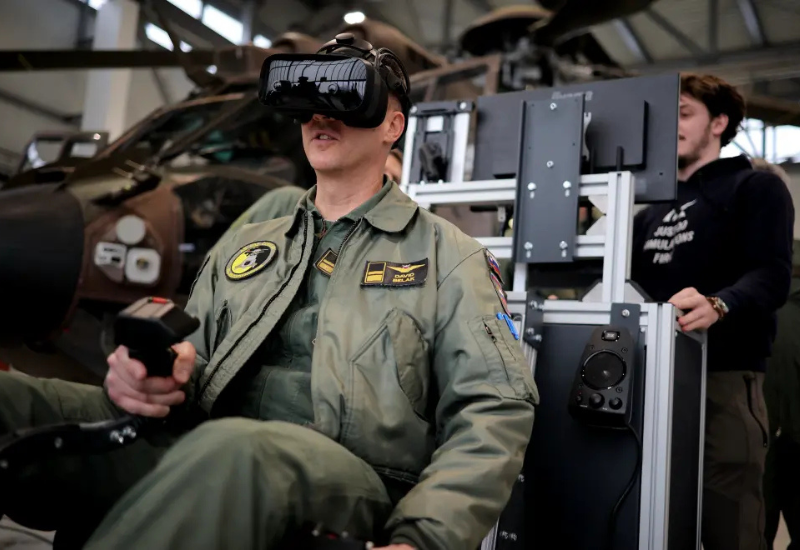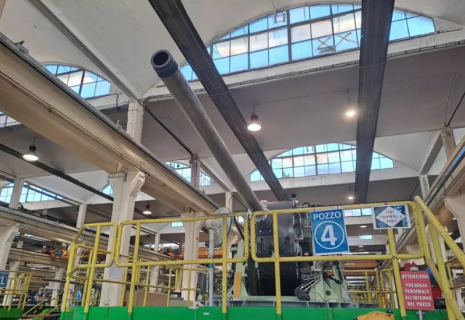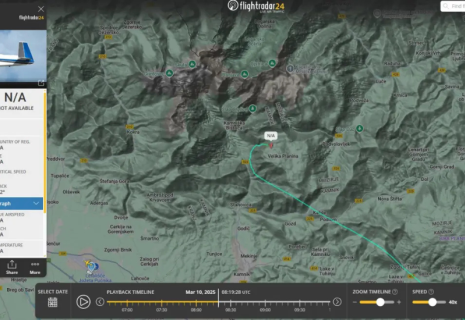
Military obtains cutting-edge VR and MR simulators
The Slovenian Armed Forces (SAF) have obtained cutting-edge virtual and mixed reality simulators developed by the Defence Ministry and the aviation technology and precision mechanics company AFormX. They will be used for pilot training, including for tactical flying.
The virtual and mixed reality simulator for a Pilatus PC-9 tandem-seat aircraft and the virtual reality simulator for a Eurocopter AS532 Cougar helicopter were presented at the Cerklje ob Krki air base, CE Report quotes The Slovenia Times.
The ministry has developed them as part of the TAK-LET-SIM research and development project, spending €370,000 and 15 months on the project, according to Defence Ministry State Secretary Damir Črnčec.
These are currently the most advanced simulators, also at NATO level, said Sašo Knez, a co-founder and director general of AFormX. "We have reached the limits of hardware and software. One cannot go any higher at the moment," he added.
What distinguishes them from other simulators used by NATO is that they use virtual reality headsets rather than projectors, and are the first to enable mixed reality, which means they can be used for tactical flying.
The company, which has been developing simulators since 2016, has also developed 30 simulators for the Ajdovščina-based ultralight aircraft maker Pipistrel, owned by US aviation company Textron since 2022.
The simulators will be used by the pilots of the 15th Air Force and Air Defence Brigade, whose commander Janez Gaube said they will be used to train in safe simulated environments, also enabling accurate monitoring of the pilot's progress.
His deputy Gregor Virant added that the simulators will allow much better preparation for future tasks. "When preparing for a certain mission, we will be able to fly the same mission on the simulator beforehand."
The simulators will first be tested for six months, with the final goal being to incorporate them in the process of training of SAF pilots.
R&D is one of the priorities of the Defence Ministry, Črnčec said, and the plan is to attract mainly Slovenian companies to take part and to develop, get promoted and reach a broader international market.
The ministry would also like to see these types of products enter serial production in order to open up the NATO and EU markets to Slovenian companies, preserve local know-how and make sure that young innovative people stay in Slovenia.
























